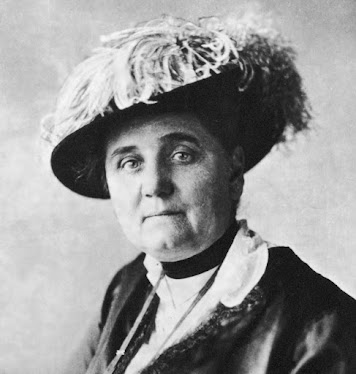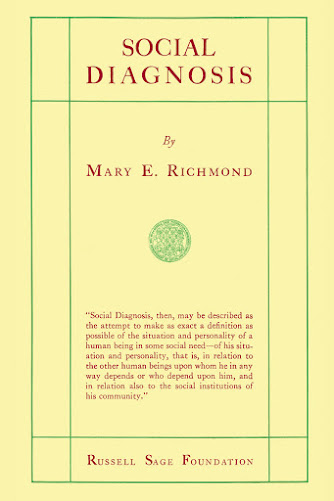Founder of Social Casework
Mary Richmond was one of the pioneers of Social Work profession and was described as the mother of social casework because of her ability to organize communities, her development of casework practice, as well as her ability to teach and speak intelligently on a wide array of subjects.
She was an outstanding practitioner, teacher, and theoretician who prepared the first comprehensive statement of principles of direct social work practice. She was born in Belleville, Illinois and she joined the Baltimore Charity Organization as an Assistant Treasurer at the age of 28.
Around the period of 1910, Richmond systematically developed the content and methodology of diagnosis. Her first principle was that care had to focus on the person within their situation. Building on extensive research, she developed what she labelled ‘social diagnosis’. Her famous circle diagram visualized the correspondence of client and environment. Richmond identified six sources of power that are available to clients and their social workers: sources within the household, in the person of the client, in the neighborhood and wider social network, in civil agencies, in private and public agencies. This is a precursor of the system theory that was so popular in 1970’s social work. With her book Social Diagnosis (1917), Mary Richmond constructed the foundations for the scientific methodology development of professional social work. She searched for the causes of poverty and social exclusion in the interaction between an individual and his or her environment. For her contributions, Mary Richmond is considered a principle founder of the profession of social work and the importance of professional education.







👏👏👏
ReplyDelete